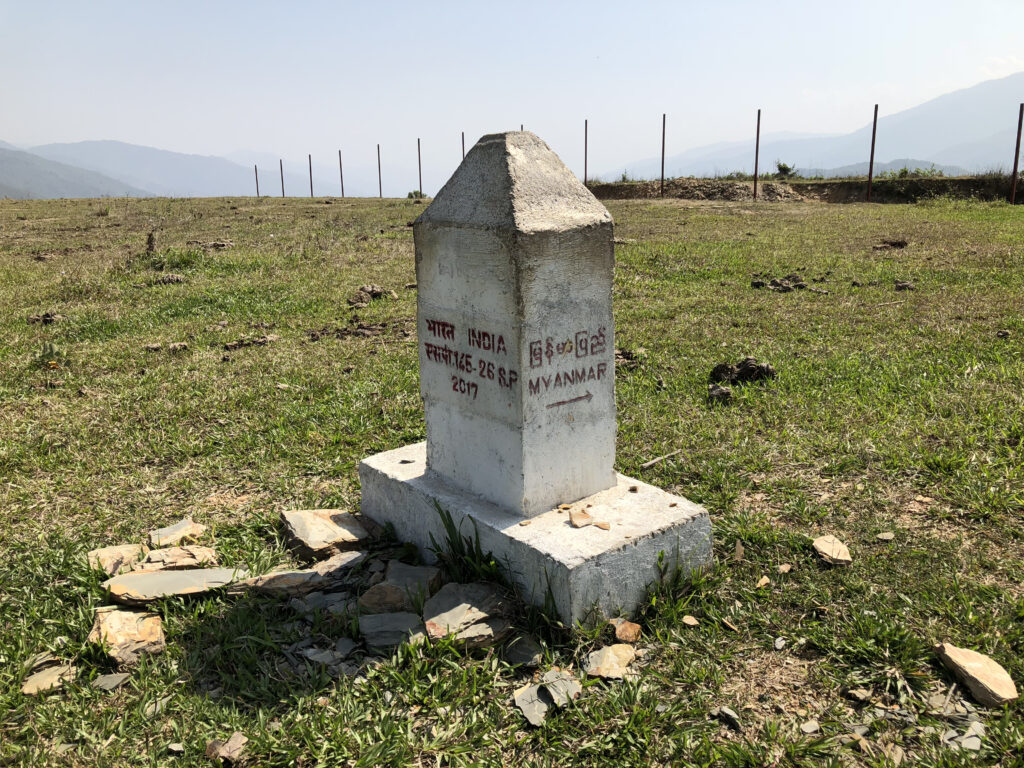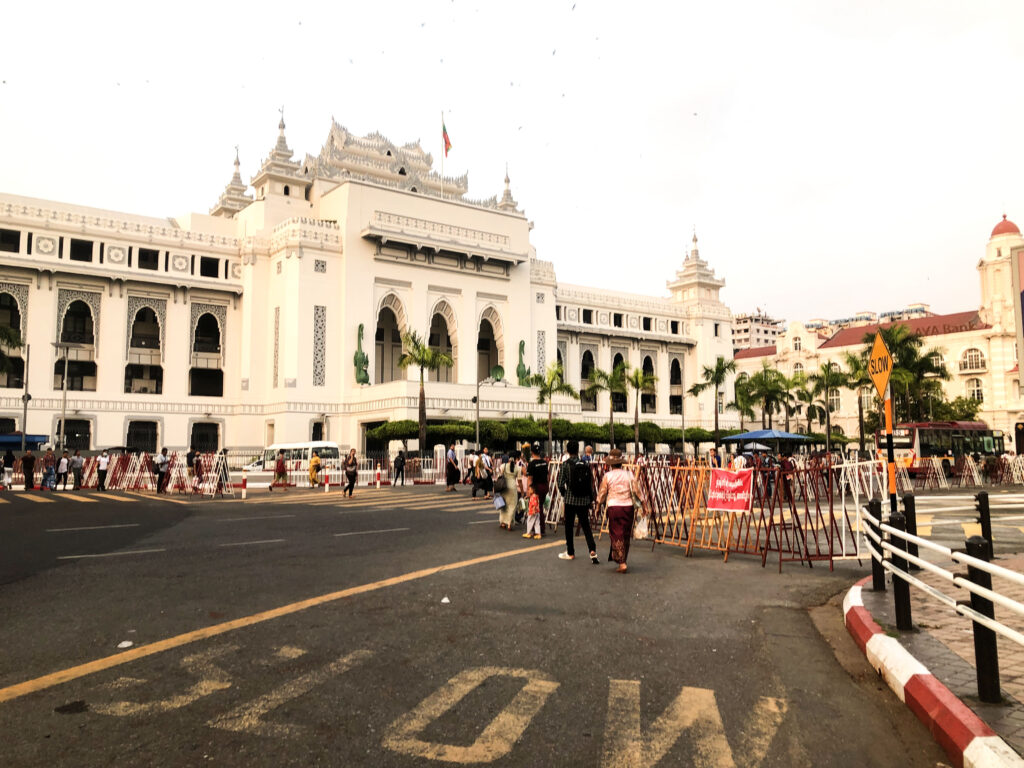India is likely to send a delegation to Naypyidaw soon to push for regional governments to engage with the military junta in Myanmar. Indian government officials who participated in the Track 1.5 Dialogue in New Delhi from April 24-April 26, is said to have agreed to follow up on the suggestions of other participating nations for India to take the lead as a follow up to the second round of the dialogue process which was initiated by Thailand in March.
The New Delhi round of dialogue which was focused on the emerging crisis in Myanmar, participants from China, Bangladesh, Cambodia, Laos, Thailand, Indonesia, and Vietnam attended. According to news updates shared by DVB, the negotiations resulted in informal agreements on the reduction of violence, humanitarian aid delivery, and vows to crackdown on transnational crime. Participants also said to have agreed that future discussions about Burma should “bring in perspectives of neighbouring countries.”
The meeting assumes crucial significance given that with violence escalating in Myanmar to disproportionate levels during the past six months, countries in the neighbourhood have been badly impacted. Thousands of refugees have poured into the Thailand-Myanmar bordering regions as well as along the Mizoram and Manipur states of India.
Numerical estimates of the refugees in Manipur keep it somewhere between 5,000 and 10,000. India and Myanmar share over 1,643 km of border. Manipur lies to the north of Mizoram and the Chin and Sagaing states of Myanmar border Manipur and Mizoram.

The continuous influx of refugees has led to locals in different parts of Manipur expressing concern. The Manipur government has begun to address what it terms an influx of “illegal migrants” from Myanmar, which is essentially a process of identification of Myanmarese nationals who have crossed over to the State mostly believed to be through Moreh and Behiang for refuge. The Manipur government is building shelter homes in strategic locations along the international border with Myanmar too house the refugees.
Meanwhile, of late, there has been a concerted move by the exiled National Unity Government (NUG) and others including former politicians of the National League for Democracy (NLD), international groups and Myanmar intellectuals to convince the Indian government to stop its bilateral engagements with the Myanmar military and “recognize the fasting changing political situation in Myanmar.”
Since the declaration of a people’s defensive war against the junta, the NUG has made significant gains, especially as it continues to strengthens its relationship with the powerful Ethnic Armed Organisations (EAOs) who have been fighting the military junta for decades. These gains made by the NUG which has also made a huge impact on the ground, with the military junta losing vast swathes of territory to the People Defence Forces (PDF), the People’s Defence Teams (PaKhaPha/PDTs) and the EAOs combine.
As of now, reports have it that the EAO’s and the NUG are in control of over 50 percent of the total area of the country. Reports also claim that the State Administration Council (SAC) which is under the military junta has control over less than 20 per cent confined to the three urban centres like Yangon, Naypyitaw and Mandalay.
Even though the task to set up an alternative government is extremely challenging for the NUG, especially as most EAOs continue to be driven by contrasting views and beliefs, it is the “larger common goal” – to throw out the military and restore democracy, which has kept the peoples’ resistance alliance together. Most of the differences appear to have been set aside for now, giving way to achieving this one “common agenda” before the 10-12 out of a total of 17 different big and medium sized EAOs. NUG spokesperson Nay Phone Latt, viewed this as “the key to a broader settlement.”
The next six months will be crucial for Myanmar and also countries that are engaged with the process of democratic transition directly or indirectly. This makes it all the more important for countries in the neighbourhood to play a decisive role in ensuring restoration normalcy in Myanmar. The Track 1.5 dialogue is one of the many steps which would perhaps make a difference. The need has also come for countries in the regions to have meaningful engagement with the NUG led alliance and other groups which represent the people interest.

